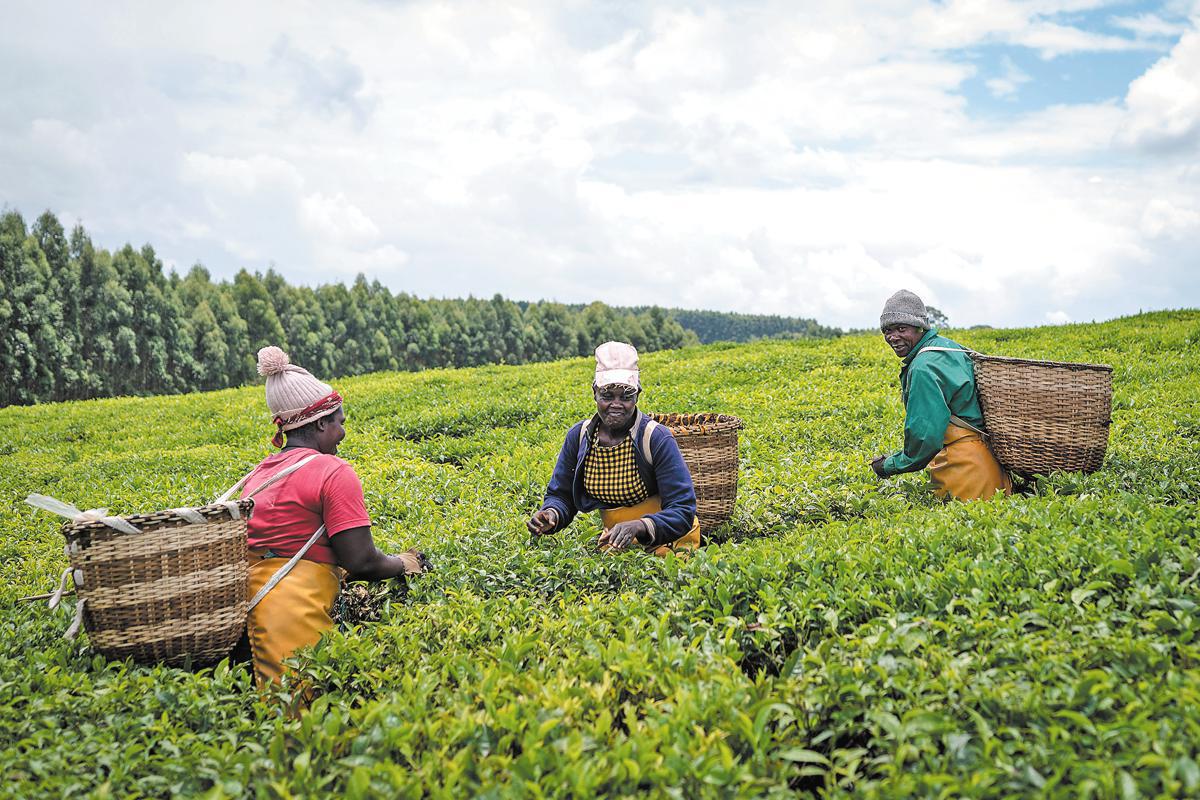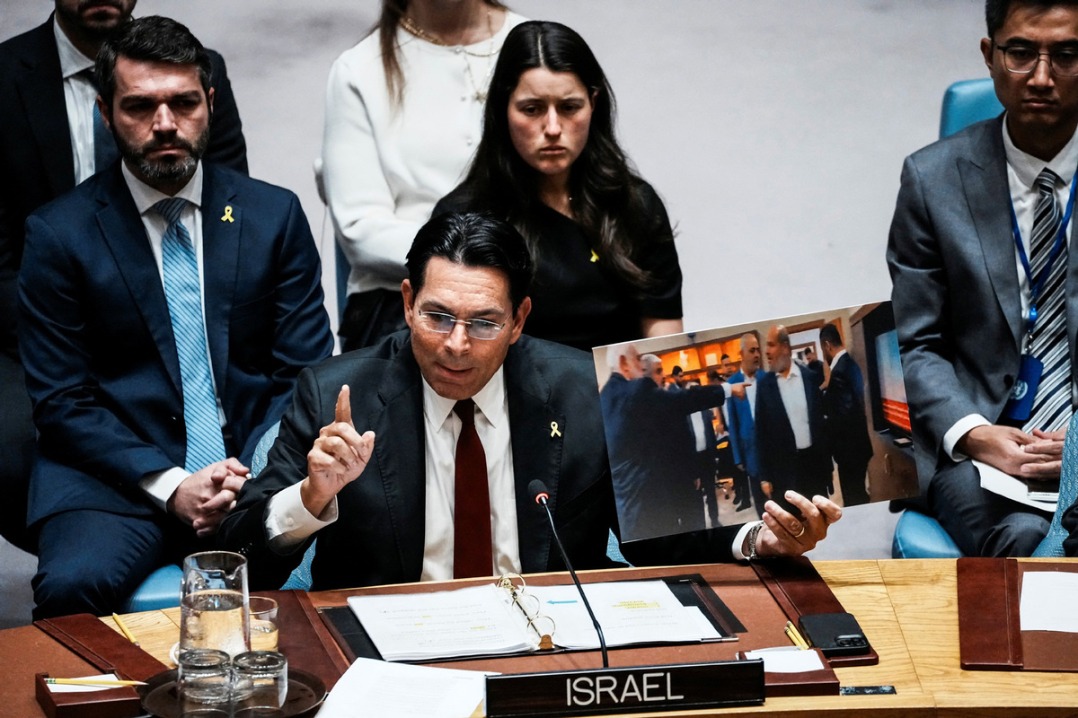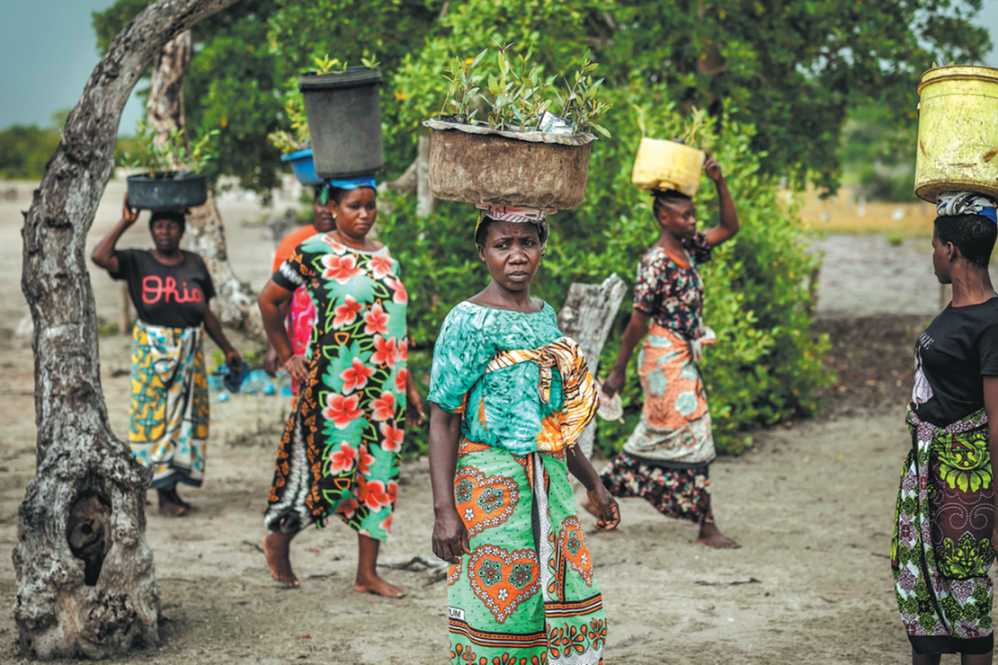Kenya unveils $2 billion tea plan as China opens its market with zero tariff


Kenya's President William Ruto has unveiled an ambitious plan to triple the country's tea earnings to over $2 billion by 2027, backed by new trade opportunities with China and a drive to modernize factories and boost value addition.
Ruto said on Thursday that the blueprint will transform Kenya's tea sector, a major agricultural export, from a bulk-export model to one anchored on processing and diversification, particularly into higher-value orthodox teas — whole-leaf tea produced using traditional methods that fetch higher prices in global markets.
"In 2022, the average price per kilo of green leaf was $0.39. Today it has risen to $0.49. The total tea exports have grown from $1.06 billion to $1.4 billion last year. But we must go further," Ruto said.
"Our plan is to ensure that as we make progress into the future, we are selling more processed tea, more orthodox tea," he said during a meeting with leaders of the Kenya Tea Development Agency.
Ruto, while revealing that China has lifted all tariffs on Kenyan tea, coffee and other agricultural products, challenged local farmers to seize the opportunity that gives them access to a market of 1.4 billion consumers. China has announced that it will grant zero tariffs to 53 African countries with which it maintains diplomatic relations, aiming to facilitate trade.
Learning from the progress of the Asian power over the last 30 years, Ruto pointed out that Kenya has a lot to learn from China.
Ruto disclosed that he spearheaded a recent visit by a high-level Chinese delegation to Nairobi to cement trade agreements with the Kenyan tea industry players, with both sides committing to deepen cooperation.
"We are going to bring more people from China to work with us to process our tea so that we keep the jobs here, keep the value here and export our finished products to China," Ruto added.
Kenya, among the world's largest exporters of tea, produced over 500 million kilograms every year.
Production of orthodox teas, known for their aromatic and premium quality, has already surged to 13 million kg, but Ruto stressed the need to unlock their full potential. Ruto said the focus must now shift from bulk exports to value addition and diversification.
Noting that most of the tea factories in Kenya are struggling with outdated equipment, Ruto announced that the government has invested 3.7 billion Kenya shillings ($28 million) to upgrade them, enabling them to operate optimally.
He also stated that the government's waiver of taxes on packaging materials for agricultural products, including tea, will help in lowering production costs and promote value addition.
victor@chinadailyafrica.com


































